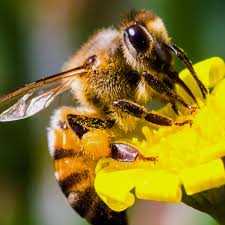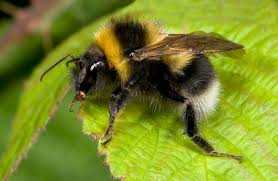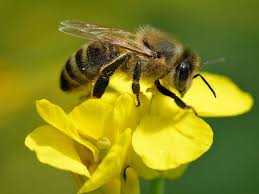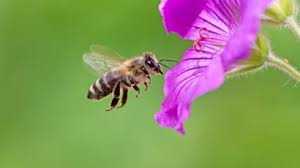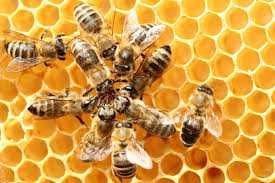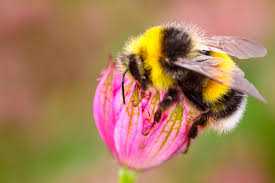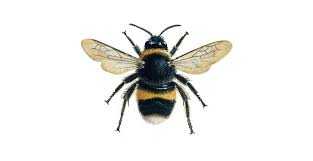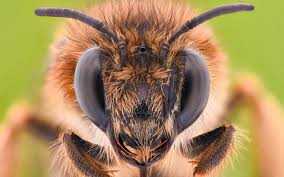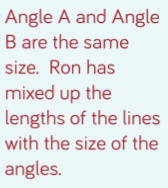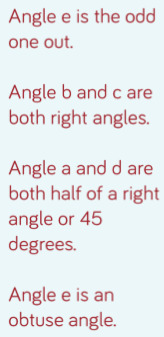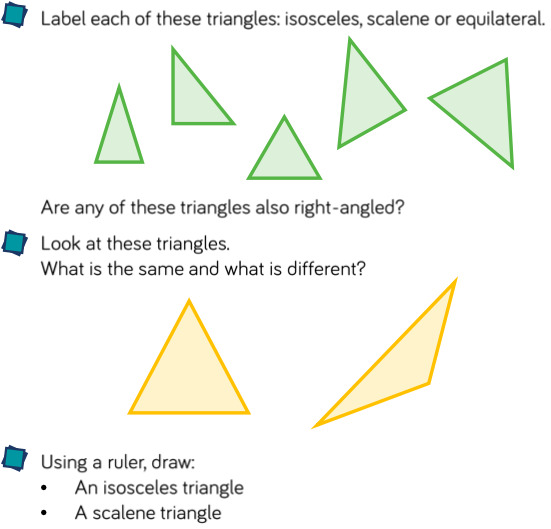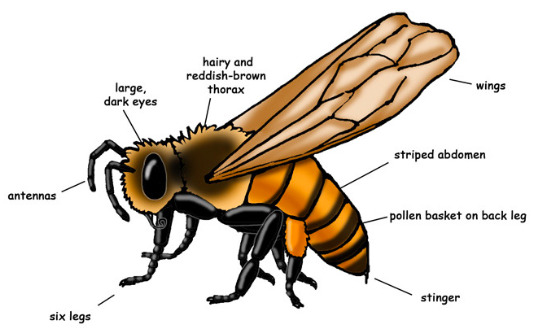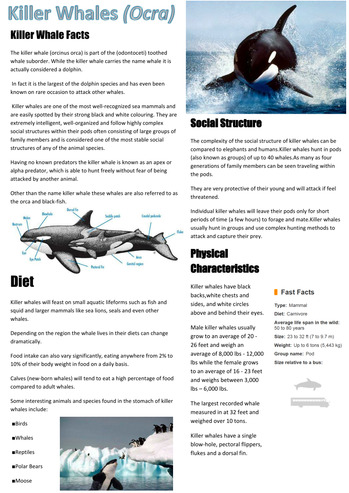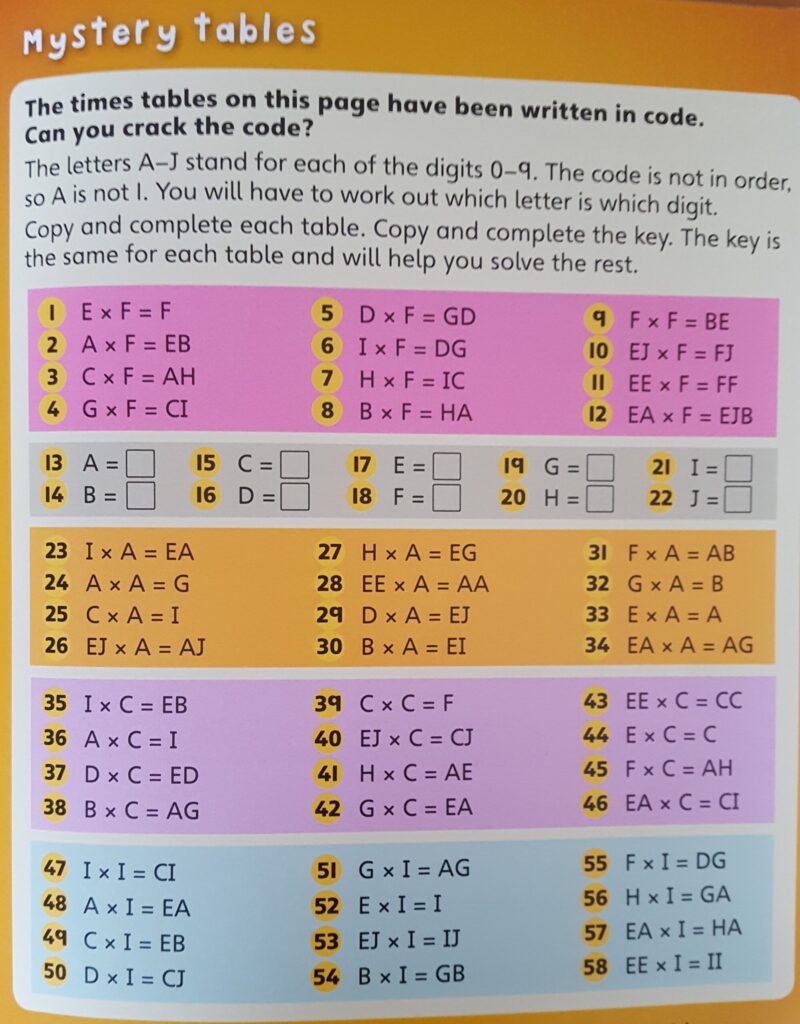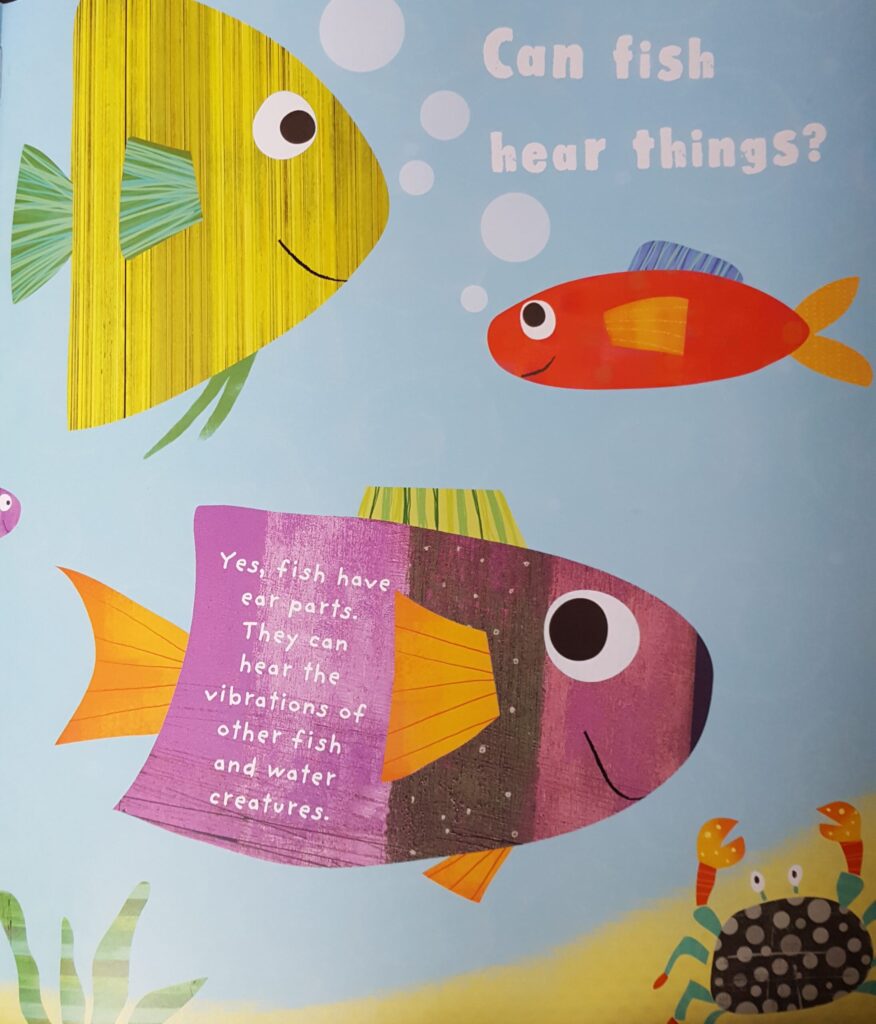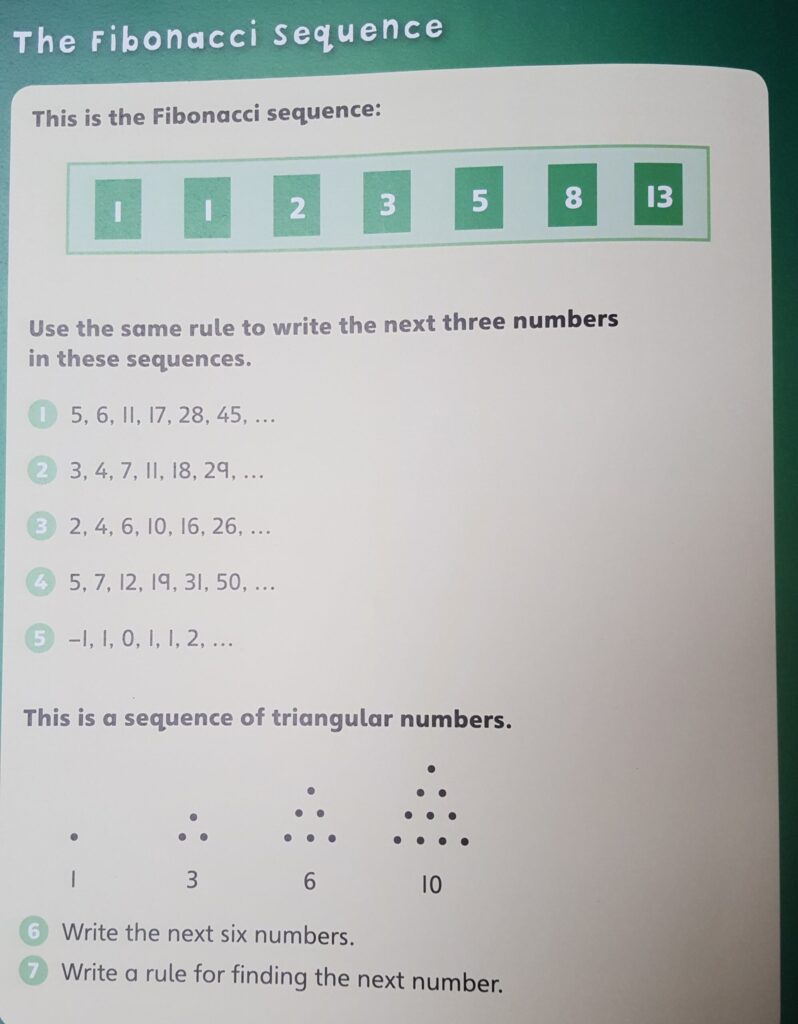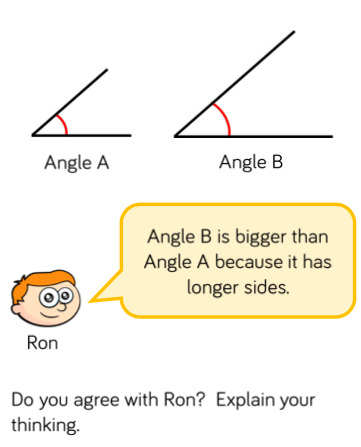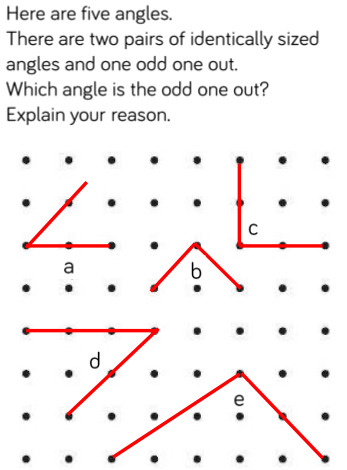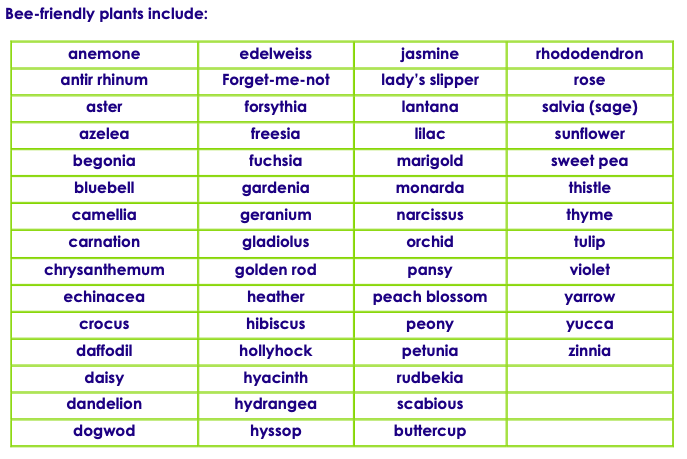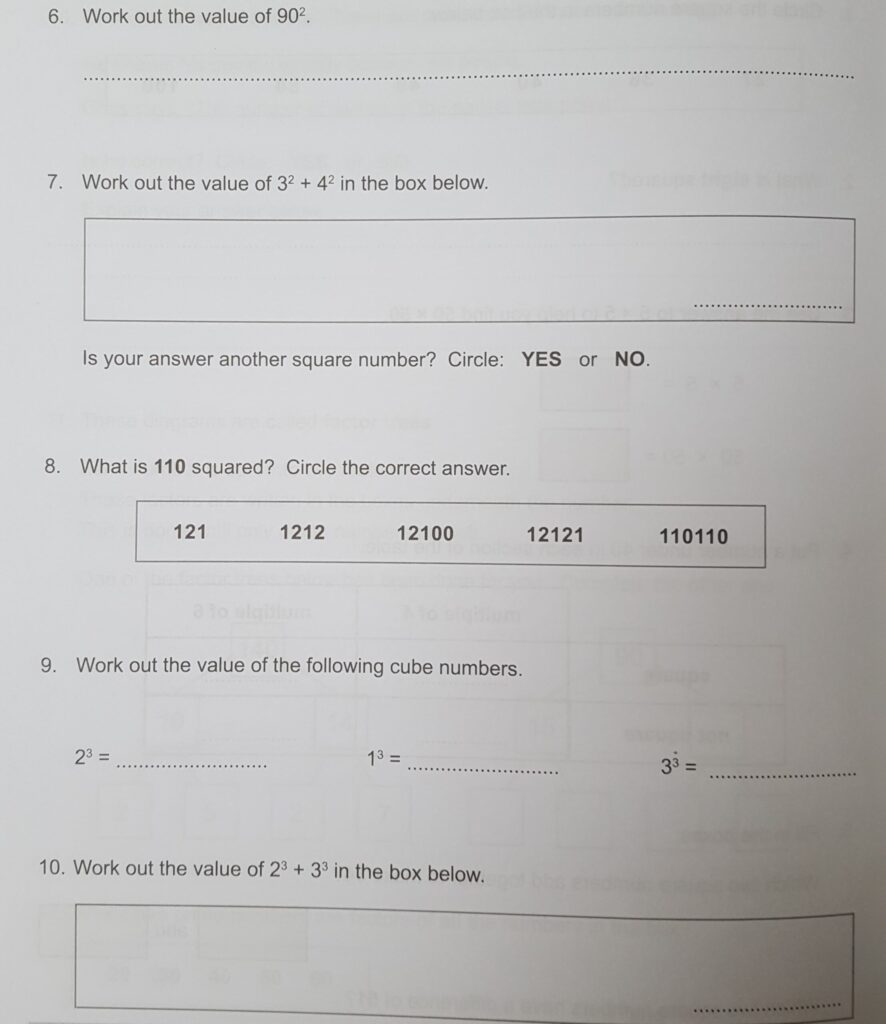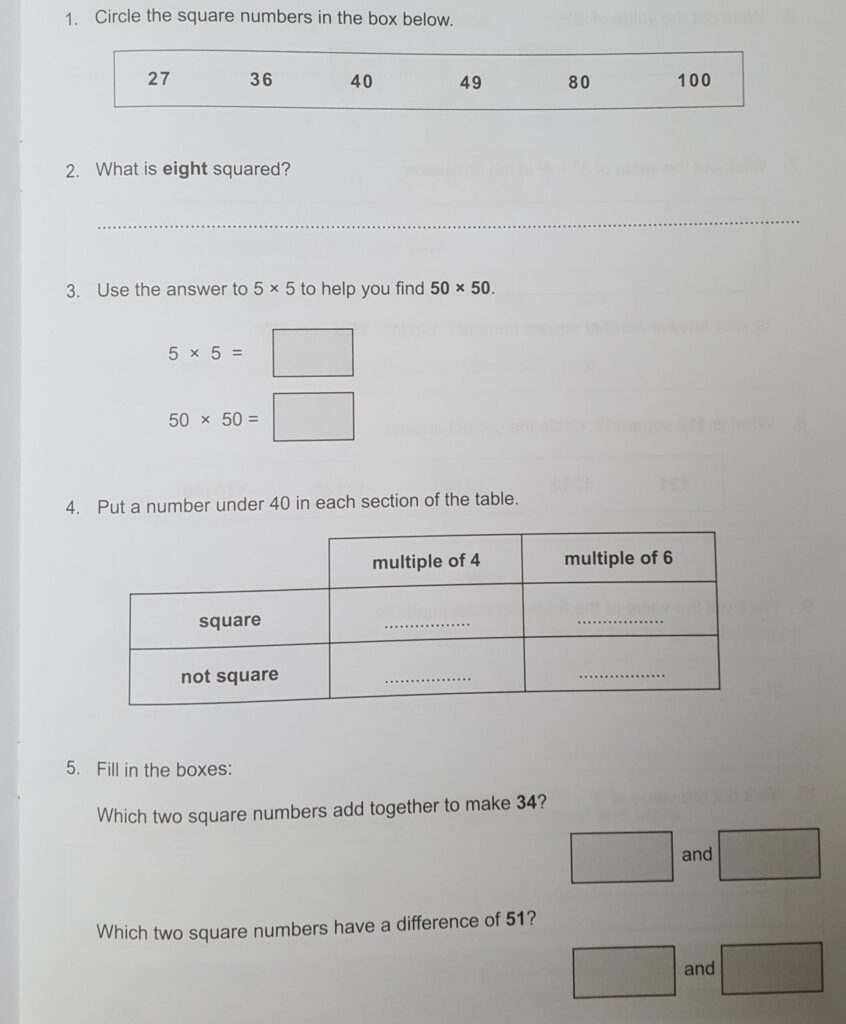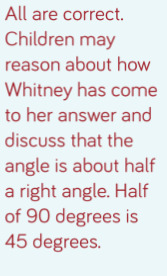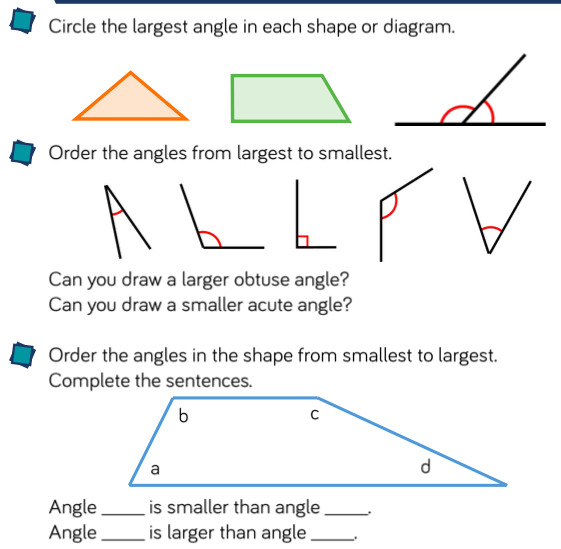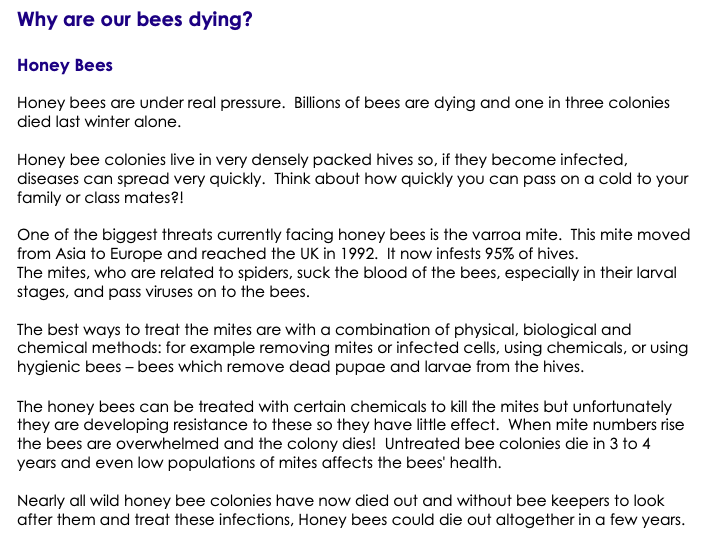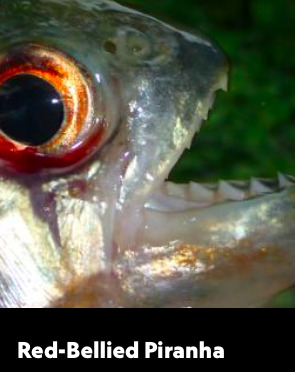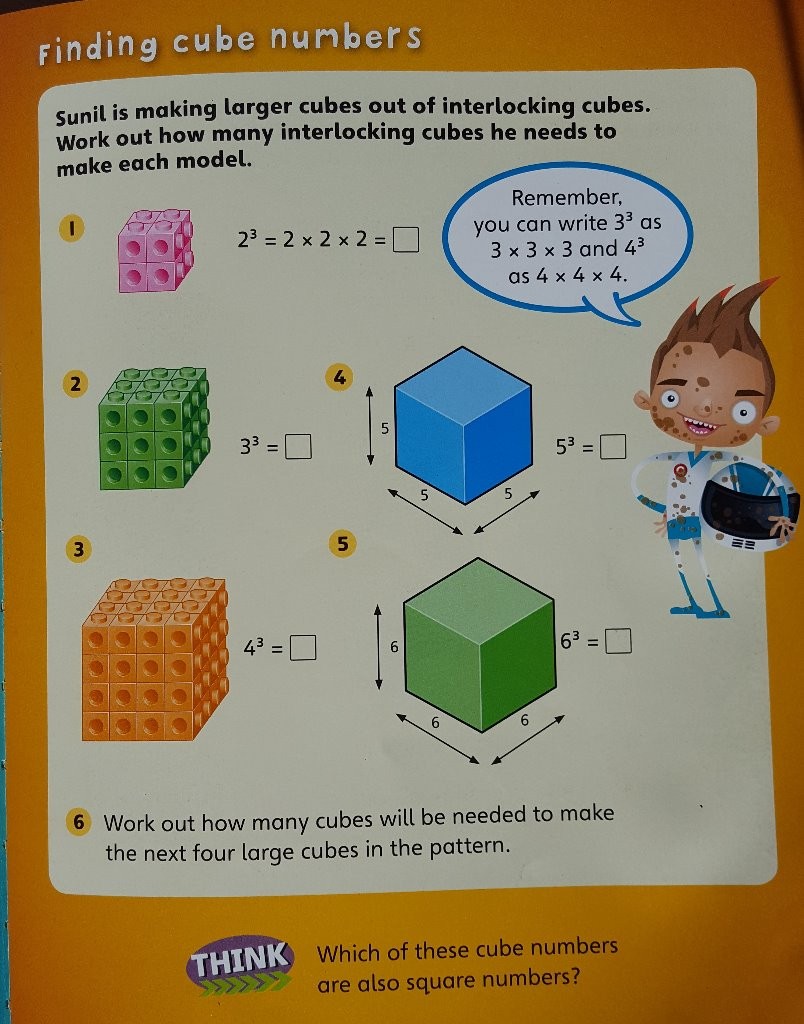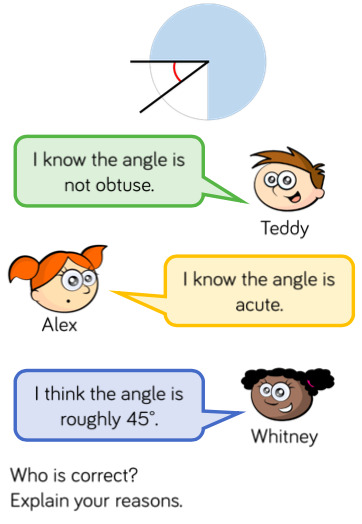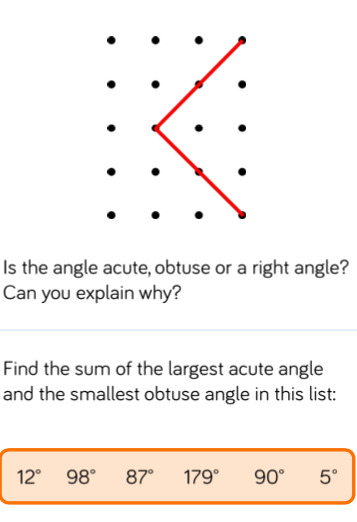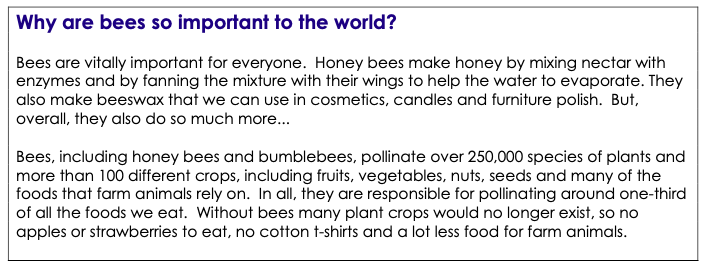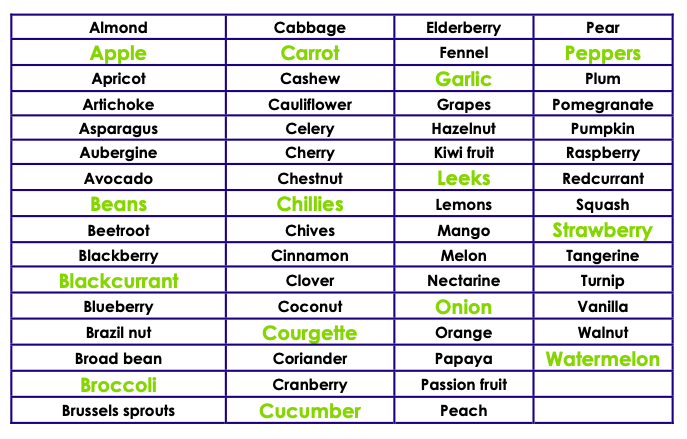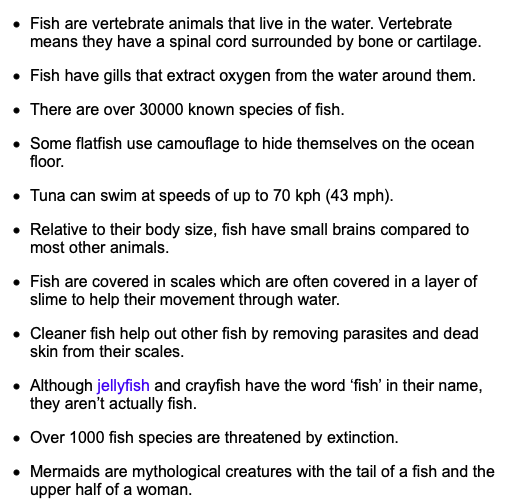Happy Monday, Discoverers,
I hope you had a wonderful weekend. What did you get up to?
Today, in English, I would like you to start planning the layout of your report about bees.
Start by deciding how many information boxes you would like, and how many pictures you will draw.
Then, use a pencil to draw boxes on a piece of paper, where your text and pictures will be.
Here is an example to help you:
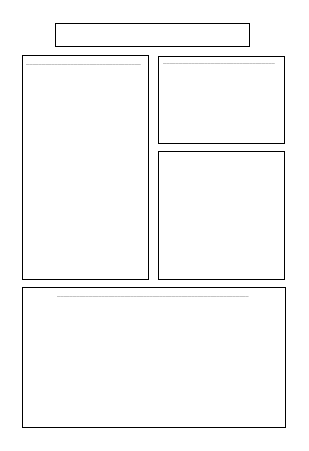
In maths, today, I have two problems for you to solve.
They are both in relation to shape, but you will need to use your knowledge of measure too.
Remember, the perimeter of a shape is the amount that all of the sides add up to.
And, in relation to the straws, they are all equal lengths, and can not be cut smaller.
Good luck!
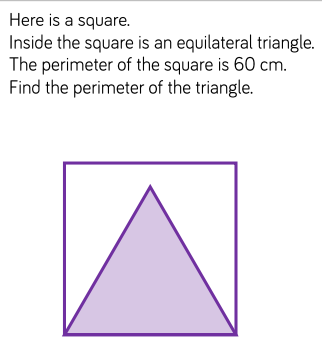
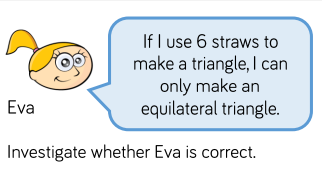
For our additional subject, we are going to focus on art, today and tomorrow.
As we have been learning lots about bees, and you will be drawing pictures for your report later in the week, I thought you might like to create a large piece of artwork of a bee.
Today, you will focus on drawing the outline, and tomorrow you will work on the colour.
Look carefully at the pictures I have provided, and choose which one you would like to draw.
Then, look carefully at the small details of the bee (using Friday’s bee drawing to help) and try to capture these.
Enjoy!
Have a great day everybody,
Mrs Taylor
